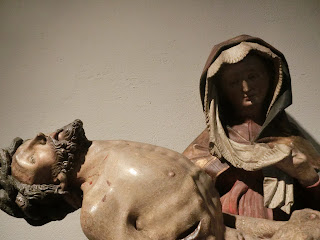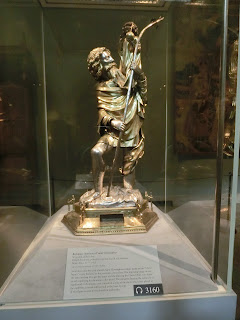psalm 139 - to whom do you listen - 21st week tuesday - passion of john the baptist

Today let us reflect on psalm 139, one of the most beautiful psalms, a subject of so many beautiful hymns in the church. Psalm 139 speaks of two qualities of God – omniscience and omnipresence. God knows everything and God is present everywhere. God knows everything. In just one stanza he uses the verbs – you probed me, you know me, you understand my thoughts, you scrutinize me, I am familiar to you. That’s how God is to each one of us. He knows us intimately. God is omniscient. God is also present everywhere. He is always with us, always there by our side. God will always be there for us. God is omnipresent. If you think however that this is a fine arrangement think again. Even the psalmist seems to bulk at the idea that God knows everything in me even my inmost thoughts and that God is always there even if I escape to the heavens above or to the earth below to be freed from his presence, from his gaze and from his scrutiny. “Where can I go from your spirit? From yo



















